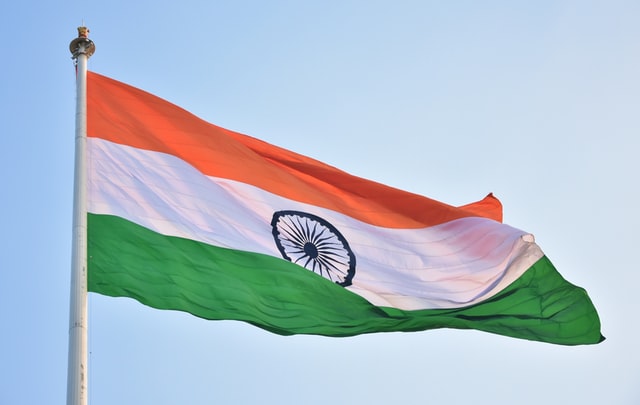Is India really a secular country?

India proudly says that it is a secular country. The country inserted the word “secular” into the preamble by making an amendment (in its 42nd amendment) to the Constitution. It is common for many political parties as well to use the word ‘secular’. But is India a secular country in reality?
According to the Merriam-Webster dictionary, secularism means “the belief that religion should not play a role in government, education, or other public parts of society”. And the definition for secularism which is accepted widely, is that secularism is “separation of religion and state”.
As per this definition, one can clearly say that India is not a secular country. Rather, the majority of community in India is being discriminated in various ways.
If India is a secular country, all citizens of the country should come under a single umbrella and have a single set of laws irrespective of their religion. But, different laws existed in India according to the beliefs of the people. Hindu Code bills are applicable to Hindus, Sikhs and Buddhists, whereas Muslim personal laws and Christian personal laws are applicable to Muslims and Christians respectively. A common code does not exist in the country even after 68 years of independence.
Do you know that government has control only over Hindu temples? Mosques and churches are autonomous bodies. The money generated from Hindu temples can be used by government for not just Hindu temples or Hinduism, but for others as well. None of this applies to other religious monuments like mosques, churches or gurudwaras.
Many of minority schools receive government grants for which they need to fulfil the rules of the Right to Education Act. One of the rules is to reserve 25 per cent of their seats for children who are economically backward. But, even though many minority schools are not implementing this rule, government has not asked them to strictly implement the rule nor did they stop the aid to it. When it comes to Hindu schools, there is no exempt from this rule.
Indian government spent around Rs.836 crores on Haj subsidies in 2012 for which it was ordered by the Supreme Court to phase out this money within 10 years. The same government has not provided any subsidies for pilgrimages of other religions like Amarnath Yatra or pilgrimage to Israel. In the mask of secularism, country’s major community is discriminated in every way by political parties and even by Indian government irrespective of the ruling parties. There are several such things. Now, decide on your own whether India is a secular state or not.
Photo by Srikanth D on Unsplash (Free for Commercial Use)
Image Reference: https://unsplash.com/photos/ReUUh61x1qQ










Leave a Reply